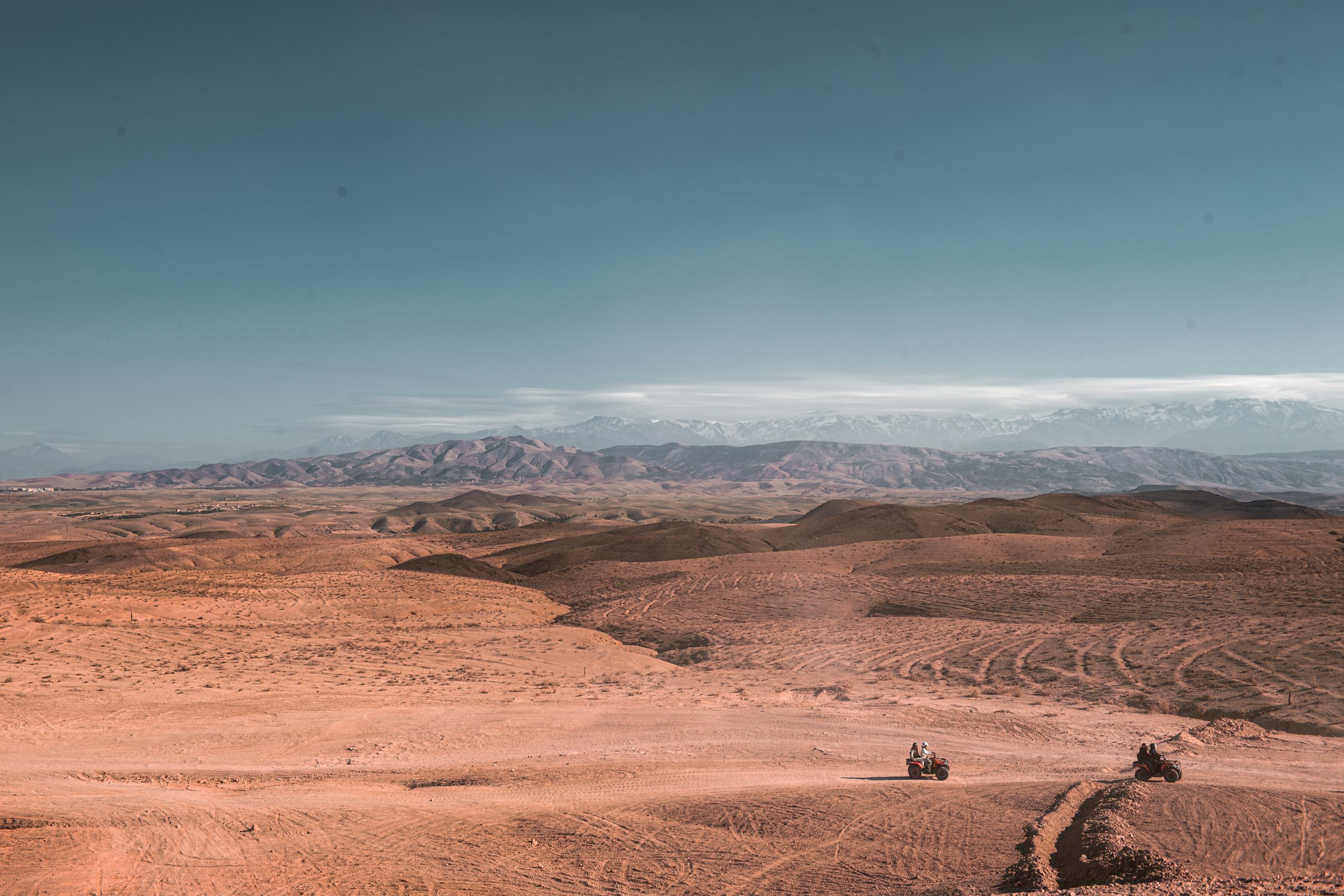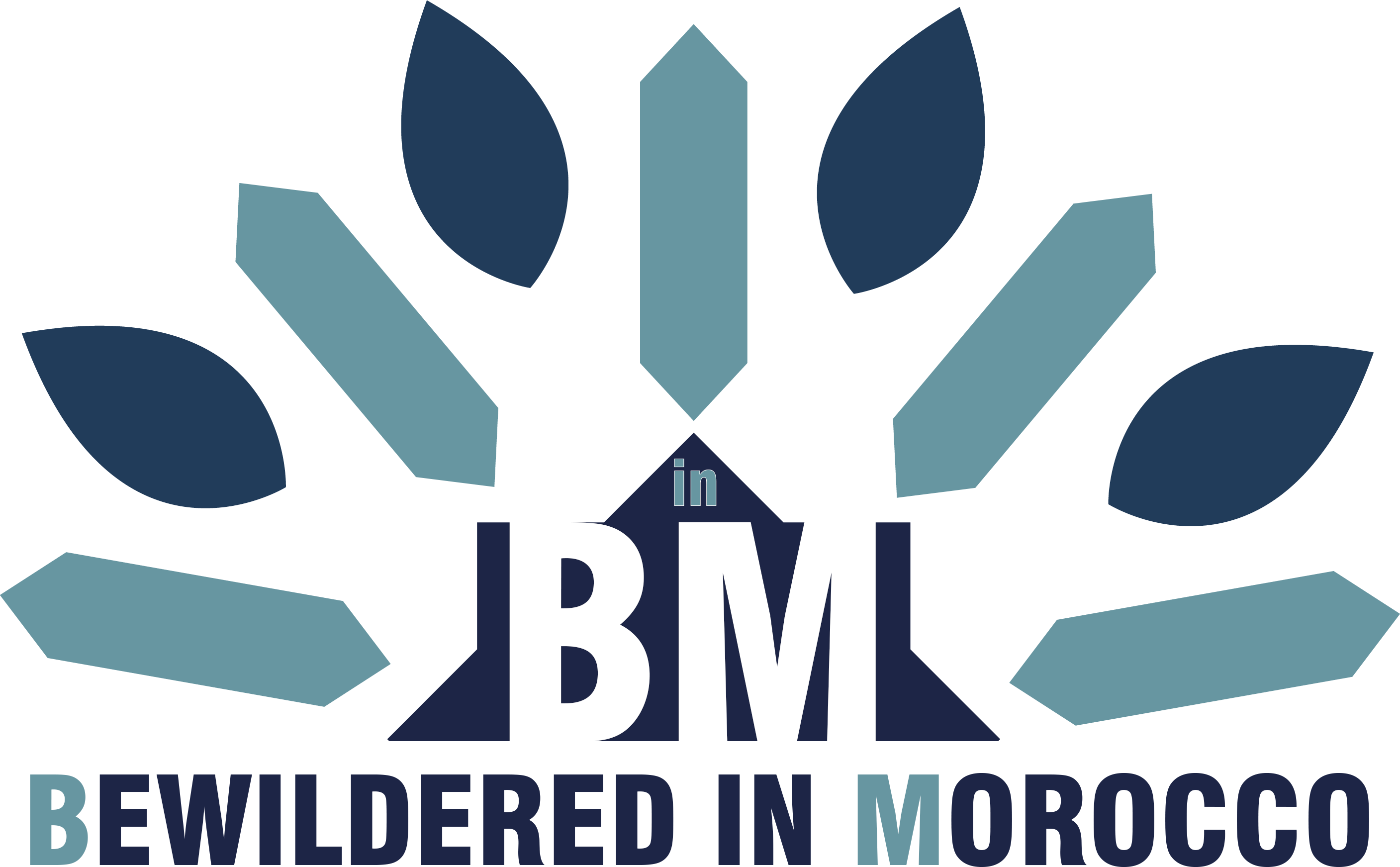When I think back to my very first trip to Morocco, I smile at how unprepared I was. Like many travelers, I had romantic visions of riding camels through golden dunes and sipping mint tea in ancient medinas. While those dreams did come true, the reality was much richer—and more complex—than I had imagined.
After years of exploring every corner of this beautiful kingdom, I've learned that Morocco rewards the prepared traveler. The country opens its heart to those who understand its rhythms, respect its traditions, and approach it with curiosity rather than expectations. Today, I want to share the insights I wish someone had given me before that first magical, sometimes bewildering journey.
Understanding Morocco's Soul: Culture and Etiquette

The Art of Modest Dress
One of the first lessons Morocco taught me was about respect through appearance. In my early days, I watched tourists struggle with unwanted attention simply because they didn't understand local customs. Morocco is predominantly Muslim, and modest dress isn't just recommended—it's a key to unlocking genuine connections with locals.
For both men and women, covering shoulders and knees opens doors that revealing clothing closes. I learned this during a visit to a small village in the Atlas Mountains. When I dressed respectfully, families invited me into their homes for tea. My friend, wearing shorts and a tank top, remained an outsider looking in.
Women travelers should pack a lightweight scarf. It's not about restriction—it's about showing respect in mosques, conservative areas, and during those spontaneous invitations to someone's home. The effort you make to dress appropriately is always noticed and appreciated.
Mastering the Dance of Bargaining
The souks of Morocco are theaters where bargaining plays out like an ancient dance. On my first trip to Morocco, I made the classic mistake of accepting the first price. I paid triple what I should have for a simple leather bag in Marrakech's main square.
Bargaining isn't about winning or losing—it's about relationship building. Start by halving the initial price and work from there. Smile, joke, walk away if needed. The vendor who seems frustrated one moment might invite you for tea the next. It's all part of the game, and everyone understands their role.
The golden rule? Always bargain with good humor. Moroccans appreciate wit and patience over aggressive haggling. Some of my best travel memories come from long conversations that started with negotiating the price of a simple souvenir.
The Sacred Ritual of Mint Tea

In Morocco, refusing mint tea is like refusing friendship itself. When offered this sweet, aromatic beverage, always accept. It's not just about the drink—it's about acknowledging the hospitality that forms the backbone of Moroccan culture.
During one afternoon in Fez, an elderly craftsman invited me into his workshop for tea. What started as a quick browse became a three-hour conversation about life, family, and the art of traditional metalwork. That cup of tea opened a window into Morocco's soul that no guidebook could provide.
Timing Your Adventure: When Morocco Shines Brightest

Seasonal Wisdom for Your First Trip to Morocco
Choosing the right time for your first trip to Morocco can make or break your experience. After sweating through a July visit to the Sahara (lesson learned the hard way), I discovered that Morocco has a sweet spot.
Spring (March to May) and autumn (September to November) offer the perfect balance. Temperatures hover around comfortable levels, making city exploration pleasant and desert adventures manageable. The Atlas Mountains bloom with wildflowers in spring, while autumn brings clear skies perfect for photography.
Summer in Morocco means scorching heat, especially in interior cities like Marrakech and Fez. Unless you're comfortable with temperatures above 40°C (104°F), save the summer months for coastal areas like Essaouira or the cooler mountain regions.
Winter brings its own magic, particularly in the south. Desert nights become crisp and star-filled, while the northern cities remain pleasantly mild. Just pack layers—Moroccan winters can surprise you with their chill.
Planning Your Itinerary: Less is More
The biggest mistake I see first-time visitors make is trying to see everything. Morocco's diverse landscapes—from imperial cities to mountain villages to desert dunes—deserve more than rushed photo stops.
For a first visit, I recommend choosing 2-3 regions and exploring them properly. A week might include Marrakech (2-3 days), a desert excursion to the Sahara (2 days), and time in coastal Essaouira (2-3 days). This allows for depth over breadth, creating memories instead of checking boxes.
Navigating Morocco: Transportation and Safety Insights
Smart Travel Choices
Morocco's transportation network pleasantly surprised me on my first visit. The trains connecting major cities are comfortable, punctual, and offer beautiful scenery. The journey from Casablanca to Marrakech passes through olive groves and small farming communities that provide glimpses of rural Moroccan life.
For shorter distances, grand taxis (shared taxis) offer adventure and affordability. Yes, six people squeezed into a Mercedes might sound uncomfortable, but it's also how you meet locals and hear the best travel stories.
Within cities, always agree on taxi fares before starting your journey. A friendly "Combien pour...?" (How much to...?) in French or Arabic shows respect and often results in fair pricing.
Staying Safe and Scam-Smart
Morocco is generally safe, but tourist-heavy areas attract those looking to take advantage of unprepared visitors. Jemaa el-Fnaa in Marrakech can feel overwhelming with its snake charmers, henna artists, and persistent vendors.
The key is walking with confidence and purpose. Avoid eye contact with persistent sellers, and never feel obligated to buy something just because someone showed you their shop. Polite but firm "La, shukran" (No, thank you) works wonders.
For exploring the labyrinthine medinas, invest in an official guide. These aren't the unofficial "guides" who approach you on the street, but licensed professionals you can arrange through your riad or hotel. They know the stories behind the walls, the best craftsmen, and how to avoid the tourist traps.
Hidden Gems and Essential Experiences
The Magic of Riads
Staying in a traditional riad transformed my understanding of Moroccan hospitality. These converted family homes, built around central courtyards, offer tranquil escapes from the bustling streets outside.
My first riad experience was in Fez, where I woke each morning to the sound of fountain water and the aroma of fresh bread. The owners treated guests like family, sharing recommendations that no guidebook contained. They directed me to a tiny restaurant tucked away in the medina where I had the best tagine of my life.
Book your riad in advance, especially during peak seasons. These intimate properties fill quickly, and the best ones are often family-run establishments that prioritize personal service over quantity.
Desert Dreams and Desert Realities

The Sahara Desert experience deserves special attention for any first trip to Morocco. Those Instagram-perfect photos of camel caravans against golden dunes are real, but the experience requires preparation.
Desert temperatures fluctuate dramatically. Scorching days give way to surprisingly cool nights, so pack layers. A good sleeping bag or warm blankets are essential for overnight camping, even in warmer months.
Choose your desert tour operator carefully. Reputable companies provide safety equipment, experienced guides, and realistic expectations about comfort levels. Some camps offer luxury amenities, while others provide basic but authentic experiences under the stars.
Practical Wisdom for First-Time Visitors
Money Matters
The Moroccan Dirham (MAD) rules daily transactions. While larger establishments accept credit cards, cash remains king for souks, small restaurants, and tipping.
ATMs are plentiful in cities, but stock up on cash before heading to rural areas or the desert. Small denominations are crucial—breaking a 200 MAD note for a 10 MAD item creates unnecessary complications.
Tipping culture reflects Morocco's service-oriented hospitality. Restaurant servers, hotel staff, and guides depend on tips. Ten percent in restaurants and 10-20 MAD for various services shows appreciation without overpaying.
Health and Hydration
Bottled water becomes your best friend in Morocco. While tap water meets local standards, most visitors' digestive systems need adjustment time that vacations don't allow.
Street food tempts at every corner, and much of it is delicious and safe. Look for busy vendors with high turnover—fresh preparation and hot cooking temperatures minimize risks. Trust your instincts and start slowly to let your system adjust.
Pack basic medications for stomach upset, headaches, and any prescriptions you need. Pharmacies are common in cities, but rural areas might have limited options.
Making Connections: Language and Communication
While Arabic and Berber are Morocco's primary languages, French remains widely spoken, especially in tourist areas. Learning basic French phrases opens more doors than English alone.
Simple Arabic greetings like "As-salamu alaykum" (peace be upon you) and "Shukran" (thank you) demonstrate respect and often result in warmer interactions. Moroccans appreciate any effort to engage in their languages.
Consider purchasing a local SIM card upon arrival. Data connectivity helps with navigation, translation apps, and staying in touch with your accommodation or guides. Many airports and city centers offer this service.
Embracing the Unexpected
My first trip to Morocco taught me that the country's greatest gift isn't found in guidebooks—it's discovered through openness to surprise. The wrong turn that leads to a hidden café, the invitation to a family celebration, the craftsman who shares centuries-old techniques while you watch—these unplanned moments create the richest memories.
Morocco rewards curiosity over rigid schedules. Leave room for spontaneity while maintaining practical awareness. The balance between preparation and flexibility determines whether you'll have a good trip or an extraordinary one.
Your Moroccan Adventure Begins
As I reflect on countless journeys through this remarkable country, I'm reminded that Morocco doesn't just offer experiences—it offers transformation. Every first-time visitor leaves changed in some way, carrying pieces of Moroccan warmth, wisdom, and wonder back home.
Your first trip to Morocco will be uniquely yours, shaped by your interests, comfort level, and willingness to embrace the unexpected. Use this guide as a foundation, but remember that the best discoveries come from saying "yes" to opportunities that don't appear in any travel plan.
What aspects of Morocco intrigue you most? Are you drawn to the artistic traditions of Fez, the mountain adventures of the Atlas range, or the timeless silence of the Sahara? Share your Morocco dreams in the comments below—I love helping fellow travelers craft their perfect Moroccan adventure.
Remember, every expert traveler was once a first-time visitor. Morocco has been welcoming curious souls for centuries, and it's ready to welcome you too.
